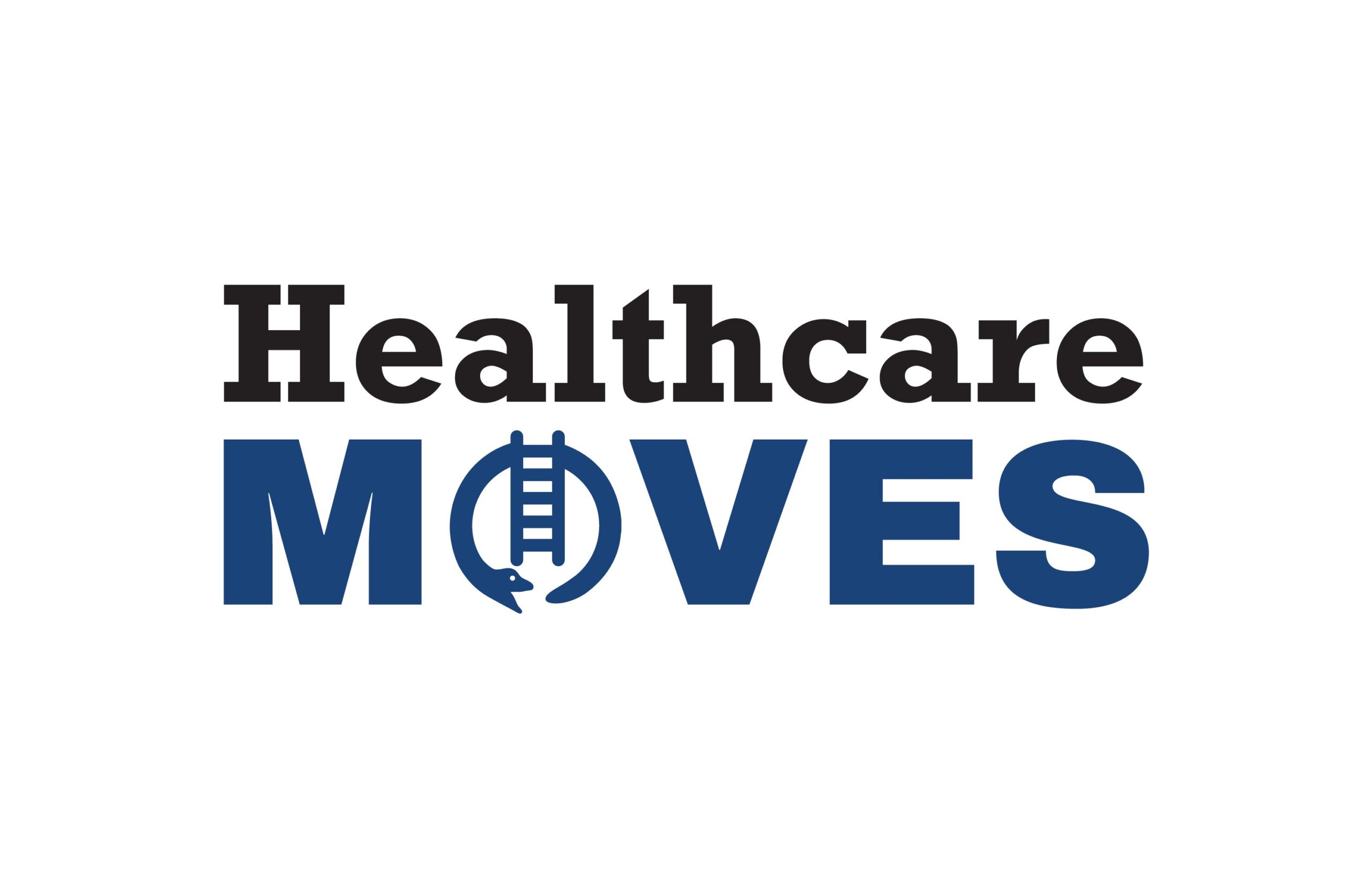
Heard at HLTH 2025: Healthcare Executives Highlight AI, ROI, and Fertility Tech. (Video)
They shared new developments, their views on AI, and what they're doing to disrupt the status quo in healthcare.

They shared new developments, their views on AI, and what they're doing to disrupt the status quo in healthcare.

April has seen a slew of executive hires, exits and layoffs across the healthcare industry. For example, AdventHealth and DexCare both named new CEOs, and Crozer Health and UNC Health have undergone CEO exits. There were also layoffs at organizations including Aetna, Sanford Health and Caribou Biosciences.

How Zelis hopes to solve the healthcare financial system for payers and providers.

Lantern has publicly released its methodology for calculating surgical savings, and is inviting others to do the same.

Through its partnership with Pelago, Lantern’s clients can access Pelago’s substance use disorder treatment through Lantern’s specialty care platform.

Executives from Imagine360, Verily, BrightInsight, Lantern, and Rhapsody shared their approaches to reducing healthcare costs and facilitating digital transformation.

The news follows a deal announced last month between Lantern and chronic disease management company Omada Health to add the company's CBT-based therapies to launch new programs for depression and anxiety.

Richard Fu details the company's approach to nutrition therapy and strategy for patients using GLP-1s.

The startup previously developed the Sleepio application, which is targeted at insomnia, and is offered to around 12 million users through partnerships with payers and employers like Boston Medical Center, Comcast and the NHS.

The company has signed a perpetual licencing deal for the software, curriculum and content of Lantern, which built digital therapeutics for mental health conditions before shutting down operations last year.

Healthcare VCs provided their thoughts on why startups die, followed by a roundup of five companies that didn't survive 2018.

The San Francisco company is folding its commercial operations on August 1 after a few acquisition deals fell through, according to TechCrunch.

How Apella leverages technology to increase OR efficiency.

University of Pittsburgh Medical Center led a $17 million Series A round for the three year-old company.